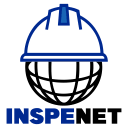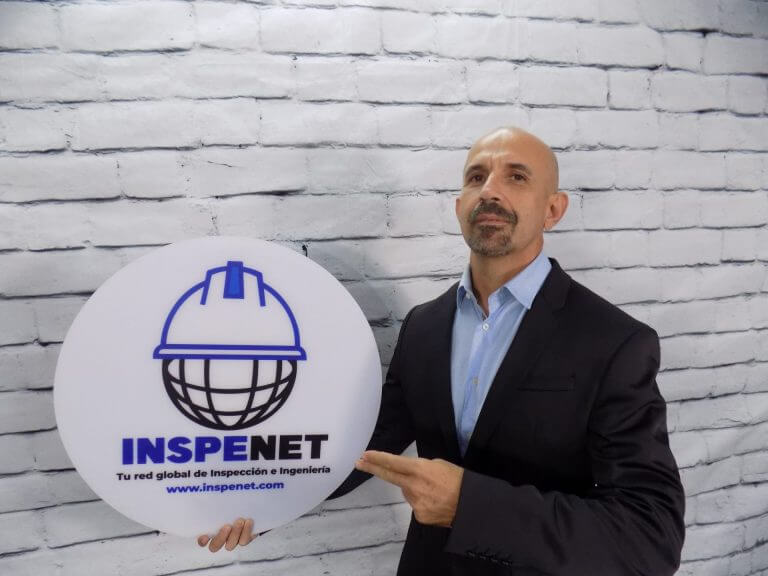Editor and photo by: Franyi Sarmiento, Ph.D., Inspenet, July 7, 2022
In this exclusive interview, Dr. Juan Lugo Marín comments on the benefits offered by the Management Program in Implementation of Quality Management Systems ISO 9001: 2015, which he teaches at Inspenet.com, your network of knowledge and professional connection.
Lugo Marín is an industrial engineer, with a specialization in management, a Master’s degree in Quality and Productivity, a PhD in Administrative Sciences, mention in Digital Economy, with postdoctoral studies in Business and Futures Studies at Corvinus University of Budapest in Hungary. He has extensive experience as a university professor and has worked as a quality engineer in the Oil and Gas sector, has led projects as a leading international consultant and is the author of several books on quality management.





Why is it convenient to take a diploma course on the implementation of Quality Management Systems?
It is no secret that quality is today a key tool for competitiveness in all organizations and corporations, and we are witnessing an accelerated boom in the adoption of quality management systems in the business sector, a requirement for exporting or entering highly competitive markets, as evidenced by the more than one million companies that are currently certified with ISO 9001 worldwide.
What is the objective of this diploma program?
The objective of the diploma is to provide competencies that allow you to design, develop, implement and always aim at the continuous improvement of quality management systems, all of this, based on the process approach and risk-based thinking. Therefore, people who take the diploma course will acquire skills that will enable them to successfully undertake an ISO 9001 implementation project within their organization or this course could also be aimed at people who need to develop in the quality area.
What is your contribution as an engineer in the development of this diploma?
My contribution initially, I am the creator of this whole training proposal, which not only points out theoretical aspects related to the implementation of management systems; but also, it gathers to a great extent everything that has been my experience, throughout these years. I have been working in the area of quality management since 1994, so most of the methodologies and work tools used in this course are proven methodologies and tools, as part of my experience, which we make available to all those who can take these courses.
What is the programmatic content of the diploma?
The programmatic content of this diploma is structured in four modules or courses. The first module: ‘Fundamentals of ISO 9001: 2015. Analysis and Interpretation of Requirements’, in the second module, we will study: ‘The process approach in Management Systems’, this plays a key factor for the success of quality management.
The third module deals with the ‘Planning of the Quality Management System’, where some key and critical points for the standard are taught, such as the understanding of the organization and its internal and external context, the understanding of the interested parties, and a very new point that this latest version of the standard brings with it, which is the management of risks and opportunities.
The last module, is the course that has to do with ‘Internal Quality Audits’, where we will develop the ISO 19011: 2018 standard, and among the topics that will be addressed are: how audit programs are managed and executed, including planning and all the activities that are associated with the development of an audit and the process of qualification and evaluation of auditors.
Participants will develop all those competencies that will enable them to design, develop and implement a quality management system, always promoting continuous improvement.
Who is this diploma course for?
This diploma course is aimed at various segments: people who work in the quality area or who have direct responsibility for the development and implementation of quality management systems, those who want to develop as consultants in the area of quality management systems or consultants who want to update their skills, managers, administrators or executives who wish to acquire a broad business vision and handle tools for planning and managing quality, and university students in the final years of their degree who want to direct their professional profile in the area of quality.
What is the importance of implementing an ISO quality management system in the business sector?
There are many benefits, the most important of which is that it allows the implementation of successful and proven management practices. Practices that contribute to good business management, quality management systems aim to improve the internal efficiency of processes, to be more effective in achieving the objectives and goals set. Quality management systems facilitate the work of continuous improvement. Something very important is that often, having a certification is a requirement to enter international markets, to venture into some business sectors and in fact, there are many companies that require a certification of this nature in order to have a customer-supplier relationship.
Be part of the best learning experience! Enter to: https://inspenet.com/e-learning/, write to our email: contacto@inspenet.com or also through our social networks:
Facebook: https://www.facebook.com/inspenetnetwork
Twitter: https://twitter.com/InspenetNetwork
Instagram: https://www.instagram.com/inspenet/
LinkedIn : https://ve.linkedin.com/company/inspenetnetwork?trk=ppro_cprof













